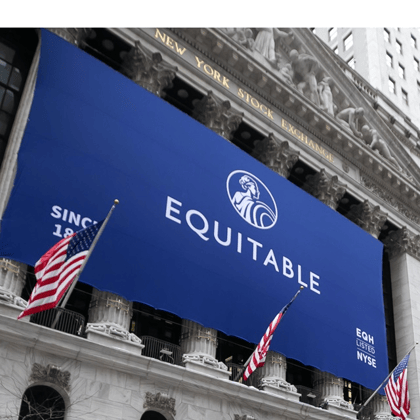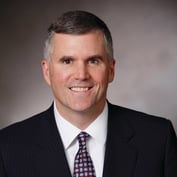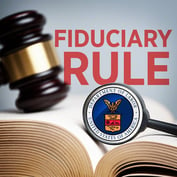What You Need to Know
- The settlement affects some people who bought UL policies from 2004 through 2007.
- Operating earnings were up.
- The flow of cash into RILAs was strong.
Equitable expects to give up close to half of the $1.3 billion total revenue increase it once hoped to get from a cost-of-insurance charge increase imposed on some holders of the company’s Athene Universal Life II policies.
The New York-based life insurer and asset manager noted in its earnings release for the first quarter that the results include $106 million in legal expenses related to an AUL II policyholder class-action settlement.
A New York federal court approved a $307.5 million settlement for the case, Brach Family Foundation v. AXA Equitable Life, in 2023. As part of the settlement, Susman Godfrey, the firm that represented the policyholders, received $101 million in fees, and expenses, for the money it spent on managing the suit.
The accruals would reduce the total value of the price increase by about $600 million, according to Robin Raju, the company’s chief financial officer. He talked about the impact of the litigation during a conference call the company held with securities analysts to go over earnings.
The earnings: Equitable reported $217 million in net income for the first quarter on $2.2 billion in revenue, compared with $266 million in net income on $2.4 billion in revenue for the first quarter of 2023.
Operating earnings, which exclude the effects of the universal life litigation and changes in the estimated value of Equitable’s assets, risk-management arrangements and benefits promises, increased to $490 million, from $364 million.
The lawsuit: The litigation costs are related to flexible-premium universal life policies Equitable’s Equitable Life unit wrote from 2004, when the company was known as AXA Equitable. The increases, which were announced in 2015, affected policyholders who were 70 or older when they bought their policies and had more than $1 million in death benefits.
For universal life policyholders, life insurers separate changes in the value of the assets used to support the benefits from mortality costs and other costs related to providing death benefit protection.
The policyholders in the Brach case argued that illustrations misrepresented how the policies would work and that the company failed to disclose that it had been planning to increase cost of insurance charges for the policies since 2006.
Registered index-linked annuities: Equitable executives also talked about the company’s registered index-linked annuities, or RILAs, during the call.









 May 01, 2024 at 01:36 PM
May 01, 2024 at 01:36 PM











